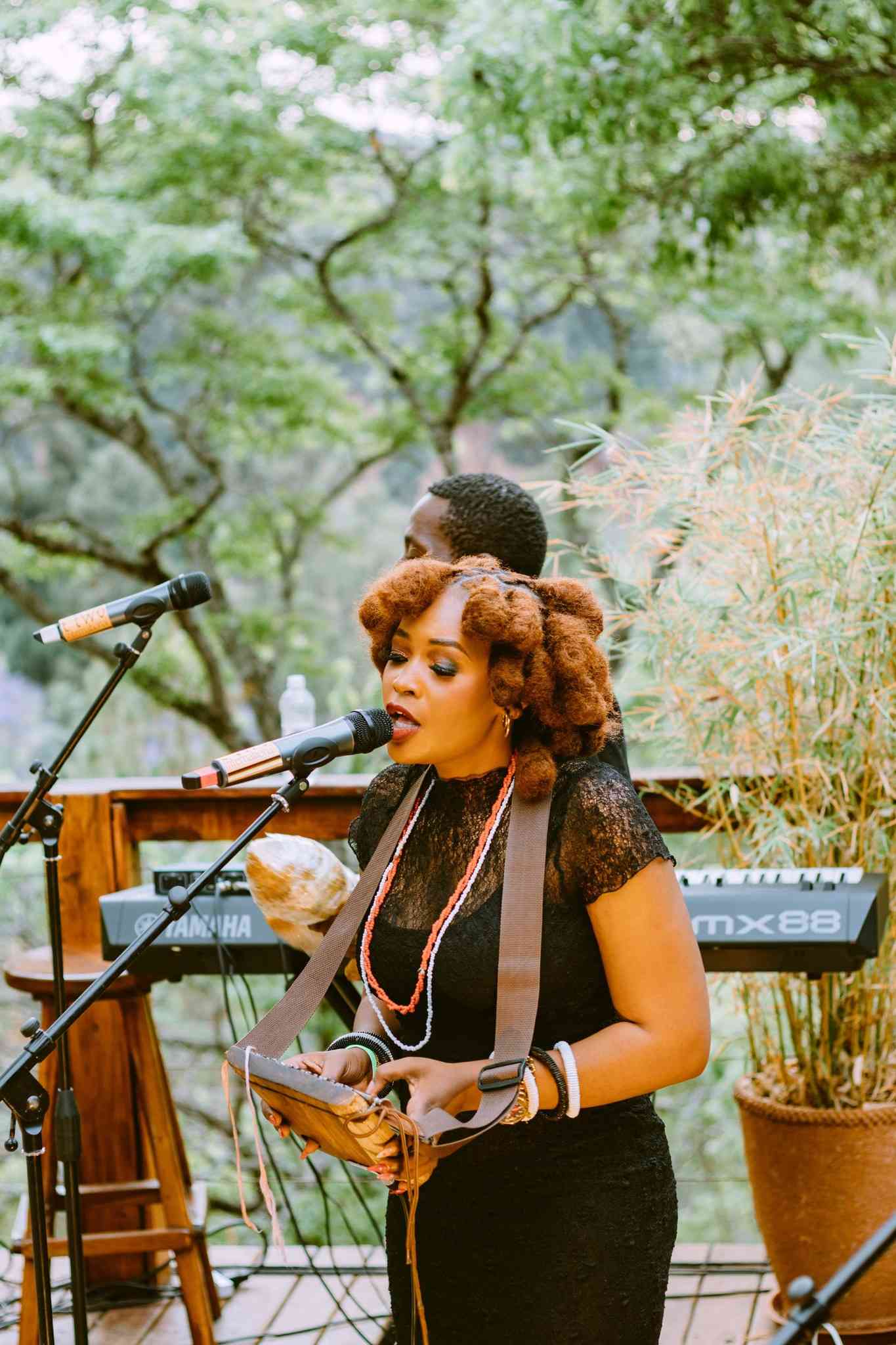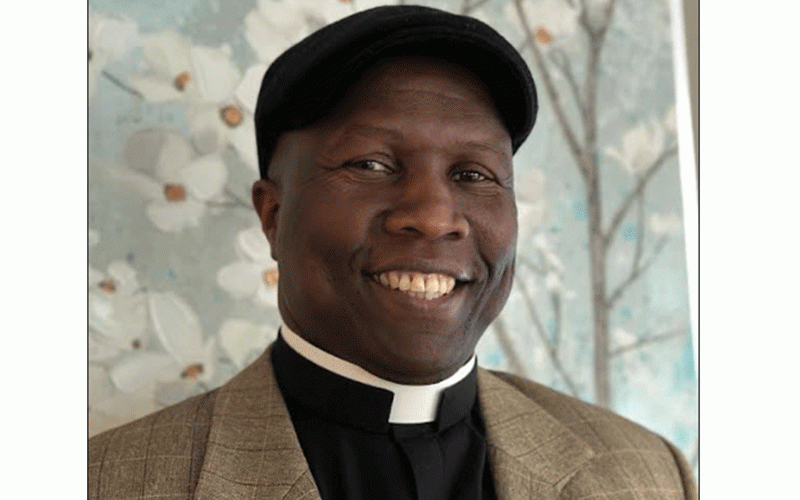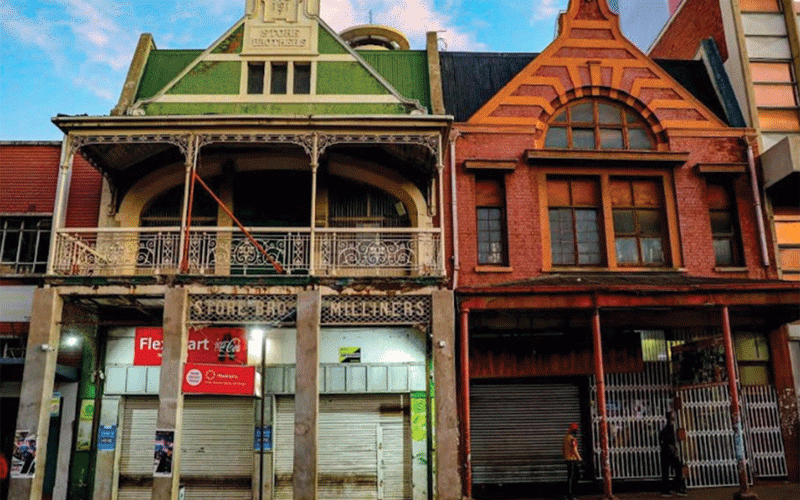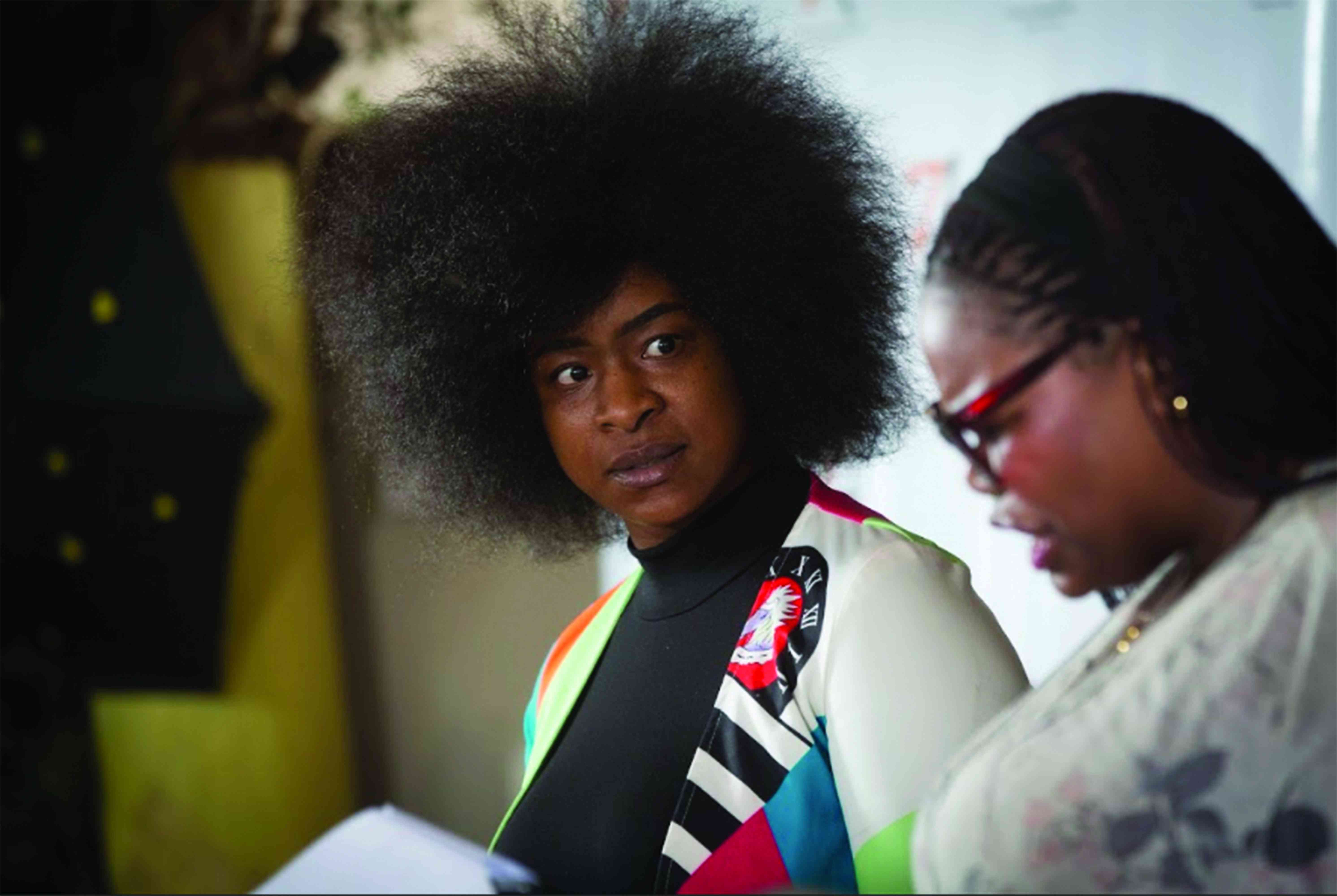
THE wooden deck of Imba Matombo, perched high in the serene and luxurious neighbourhood of Glen Lorne, Harare, offered a breathtaking vista for Sofar Sounds Harare’s 23rd edition on October 11.
The organisers had themed it “The Sofar Harare Sunset Concert” to reflect the sun’s journey across the sky and its spectacular setting over a horizon blanketed by lush greenery.
Located on a hillside that drops into a deep, wooded valley, the venue formed a natural amphitheatre. Its scenic beauty was perfectly complemented by the stripped-back, intimate sets from Freed Mushaga, Skai, Tendai Mavengeni, and Mitchel Mvundura.
Hosted by MC Chipo Chikara and supported by Optinova Eye Care Zimbabwe, a multicultural audience of regular and new attendees gathered, immersing themselves in a journey of sound that spanned the continent.
First to take the stage was Mushaga, who hails from Bukavu in the Democratic Republic of Congo (DRC). He brought energy and experience from previous performances across the Sofar Sounds network in Kigali, Kampala, and Nairobi.
With his folk guitar and the soothing percussive tones of the hosho, he led the audience on a journey into a mystical realm of sound and storytelling. His warm, suave voice and vibrant energy filled the space.
His first song was a chant and invocation. “It’s a chant that is introductory and gives a quick overview of what to expect for people who have been welcomed in my universe,” he told IndependentXtra.
He followed this with a rendition of ‘Lamuka,’ a song that combines Lingala — a language spoken in the northwest of the DRC — and an imaginary language, originally composed by the Afro-French trio Toto-Bona-Lokua.
- Hyatt Regency hosts Sofar Sounds Harare
- Sofar Sounds Harare serenades Glen Lorne with sunset concert
- All set for Ubuhle Wevanhu Culture and Family Fun Day on Unity Day
Keep Reading
His intentional use of reverb created a sense of space and depth in his performance, while switching to a ‘normal’ dry voice for other parts made his vocals feel more atmospheric and intimate.
“My intention with Lamuka is to awaken those whom I think are sleeping as in the sleep of ignorance, unawareness, oppression and passivity. I want them to wake up, not only for my performance but also for the sake of the world, their future and their dreams,” he added.
Beyond his performance, Mushaga is a cultural architect. He co-founded and directs JUA — World Music Meeting, spearheading workshops, masterclasses, and cross-border cultural initiatives that elevate African unity through music.
His performance in Harare was a stop on a wider tour that began with a Jazz Night in Kampala. In May, he performed in Nairobi, Kenya, before a tour of Tanzania, performing at the Marafiki Night Live, followed by a further tour of Zanzibar.
He then went to Malawi, after initially planning to perform in Mozambique but being unable to due to immigration issues.
“I then got plans in Zimbabwe and it has been such a vibe and wonderful stop here,” he said.
After Zimbabwe, he heads to South Africa for three shows that were recently added to the tour. He will perform at Live at Black Labone at the South African State Theatre in Pretoria on October 30, Jazz with the Natives, featuring the Jod Band at Native Rebels in Johannesburg on November 2, and, three days later, at Live at The Blue Room in Cape Town.
Following Mushaga, Skai stepped onto the wooden deck and delivered a multilingual, layered vocal session fusing IsiNdebele and English lyrics.
A soft breeze seemed to synchronise with her voice, adding an ethereal quality to the flow of her spoken word poetry and original compositions.
Pianist Elisha Zimbeva’s accompaniment sprinkled golden dust over the set, particularly in her jazz rendition of the iconic ‘Yakhal’ Inkomo’ by Zoe Modiga — a piece originally composed by South African saxophonist and composer Winston Mankunku Ngozi in 1968.
Her performance included original songs ‘Wings,’ ‘Indlela,’ ‘Angidingi,’ ‘Colourful Life’ — a poetic single inspired by gender-based violence and released as an act of activism — as well as the unreleased ‘Sibatsha njalo.’
“Sofar was such a wonderful experience,” she shared during an interview.
“The sunset deck setting was absolutely beautiful — intimate, scenic, and perfect for storytelling. I truly loved connecting with the audience in that kind of space as well, there was something really special about the exchange, sharing my stories, and feeling the audience respond and meet me in those moments. It was such a memorable and fulfilling performance.”
The singer-songwriter and poet, who possesses a heavy-toned contralto voice, has several performances lined up to close the year, including Nyimbo zaKwatu at Alliance Française on November 8 and her own concert, ‘Skai at Dusk,’ on December 5.
The third performer, Tendai Mavengeni, invoked ancestral memory with her deep traditional compositions, playing the Mbira dze Vadzimu. She was accompanied by a trio dressed in black who played the hosho, a second mbira, and ngoma. A social commentator, her songs are based on society’s day-to-day experiences.
“I am an emotional artist, my songs are based on our everyday life and experiences of those around me,” she said.
Her setlist included ‘Mhuri yangu,’ ‘Mukombwe,’ ‘Mudzimu Dzoka,’ and ‘Chapungu Nditakure.’ Having begun playing the mbira at the age of 9, she aims to promote African culture through her music.
As the sun went down and fairy lights began flickering, Mitchel Mvundura closed the concert, with stage lights shining on her face.
She performed her original song ‘Ndokuda Mudiwa’ and a cover of Adele’s ‘Million Years Ago.’
The audience could not get enough of her set and requested an encore, to which she returned and performed Louis Armstrong’s ‘What a Wonderful World,’ which she skilfully switched into Miriam Makeba’s ‘Pata Pata,’ much to the audience’s delight. She was backed by Zimbeva, who stepped on stage for the second time.
Mitchel, who has previously performed at Sofar Harare, possesses a classically trained soprano voice and can fluently reach the High C note with the precision of an opera virtuoso.
She effortlessly hits both low and high notes, combining dramatic effects with her ability to reach the whistle register.











